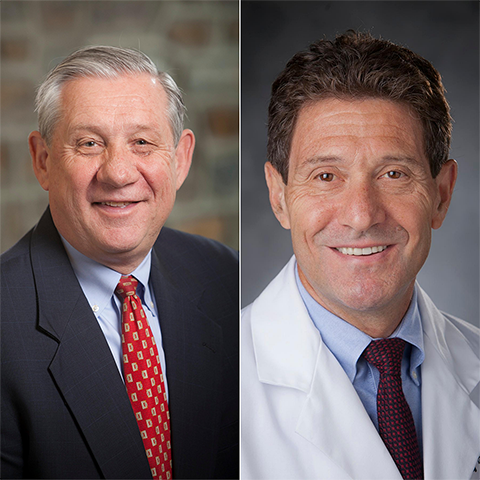
The Duke EQAPOL/VQA team, led by Tom Denny in partnership with Dr. David Montefiori in the Department of Surgery, will implement a SARS-CoV-2 Neutralization Assay Concordance Survey (SNACS) in more than 50 participating laboratories worldwide. The goal of the concordance survey is to obtain an initial read of the performance and concordance of a large number of SARS-CoV-2 neutralization assays.
There is an urgent need to develop safe and effective SARS-CoV-2 vaccines and immunotherapeutics to fight against the ongoing COVID-19 pandemic. Standardized assessments of the neutralizing antibody response are essential to understand the adaptive immune response and in developing vaccines and immunotherapeutics. A large number of research laboratories, Contract Research Organizations, and pharmaceutical companies worldwide have quickly mobilized and developed a variety of neutralization assays to test specimens from convalescent donors, as well as specimens from SARS-CoV-2 vaccine and immunotherapeutics trials. However, currently there isn’t a program to compare results from these assays in the field. It is critical to understand the specificity, accuracy, and precision of these newly developed SARS-CoV-2 neutralizing antibody assay methods before selected assays are being utilized in diagnostic testing or as a clinical end point for evaluating vaccines or immunotherapeutics.
To this end, the Duke EQAPOL/VQA team is implementing the SNACS in laboratories that perform novel SARS-CoV-2 neutralization assays. Testing kits containing blinded samples will be sent to each participating site. The laboratories will perform neutralizing antibody assays on the samples using their respective method and report results to the EQAPOL web-based portal. Results from each participating laboratory will be evaluated by a Duke statistical team for assay concordance in comparison to results from other participating sites using similar assay methods.
The team hopes that the SNACS outcome will be useful in understanding the potential variability of existing neutralization datasets and will form the basis of designing a formal concordance and proficiency testing program for SARS-CoV-2 neutralizing antibody assays.